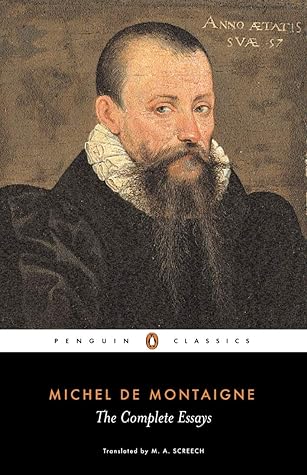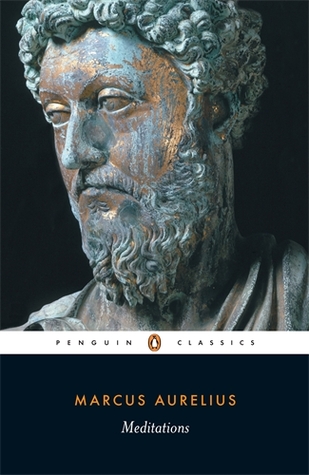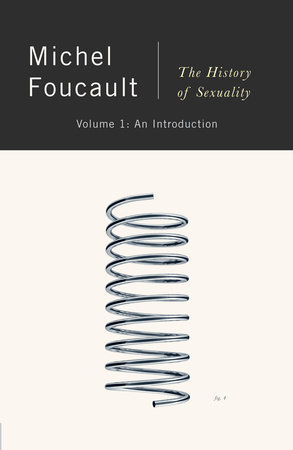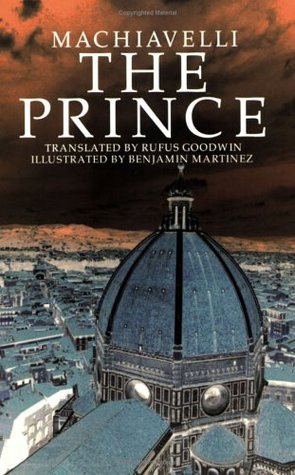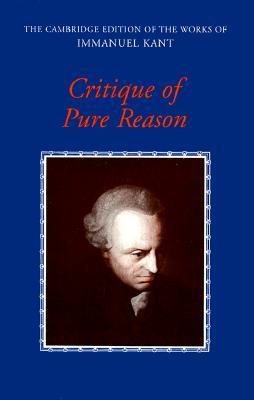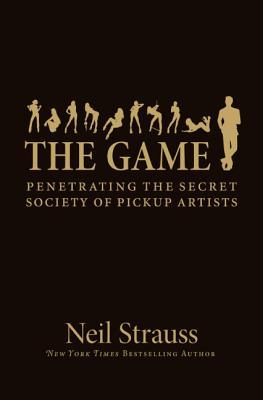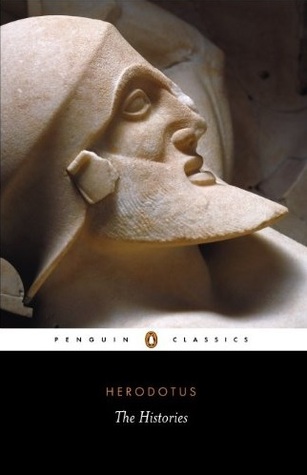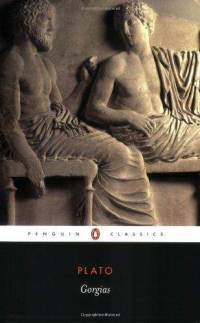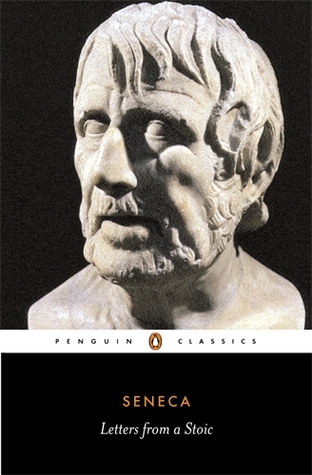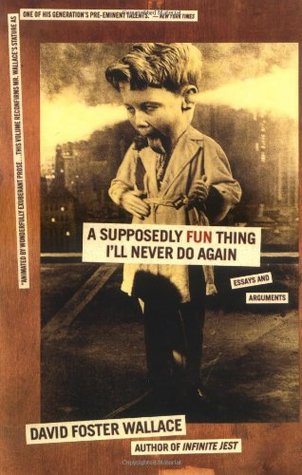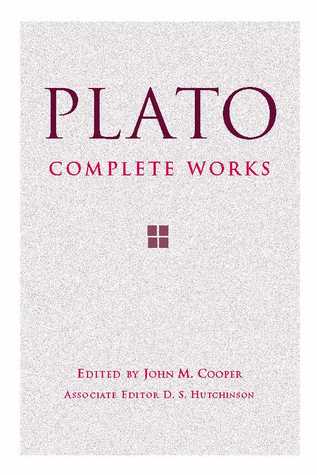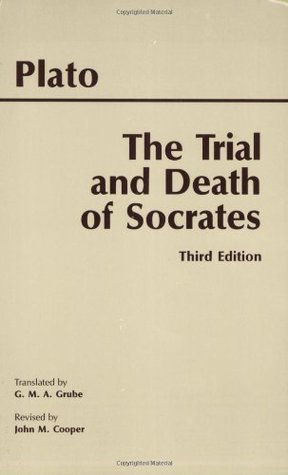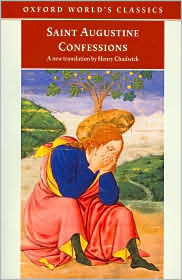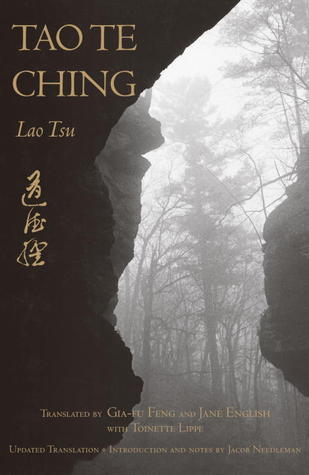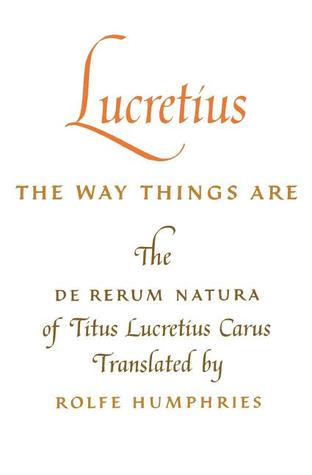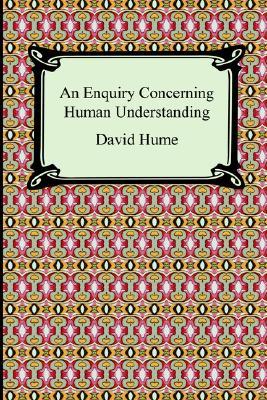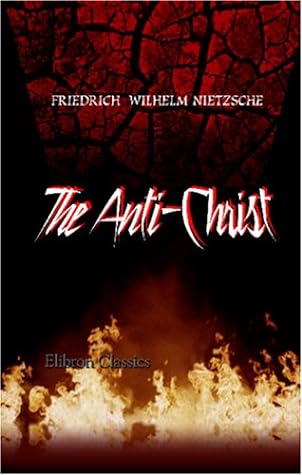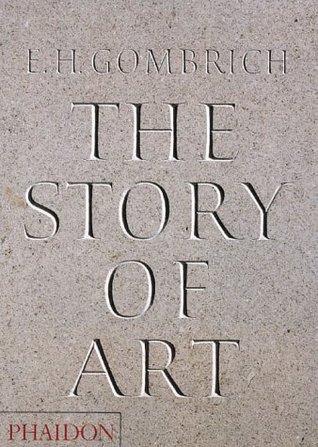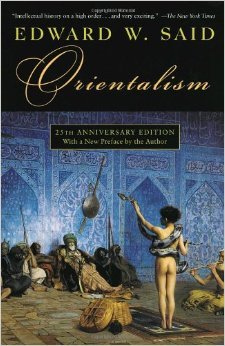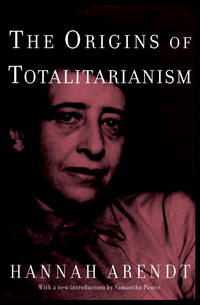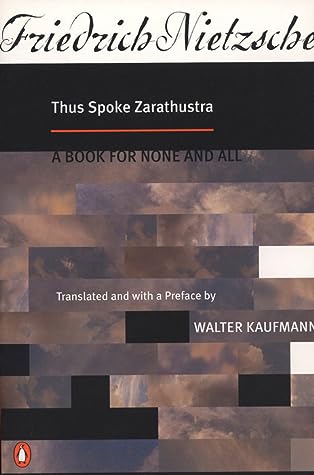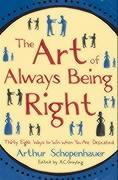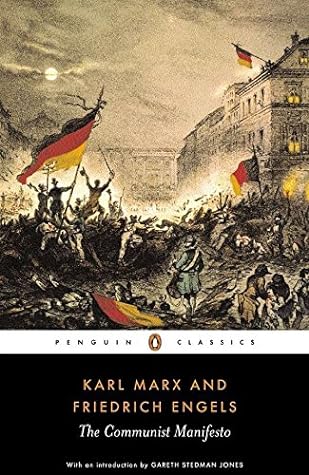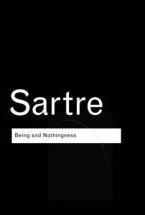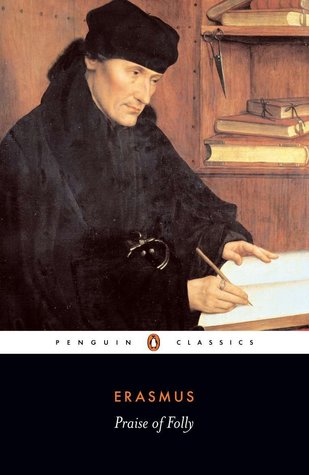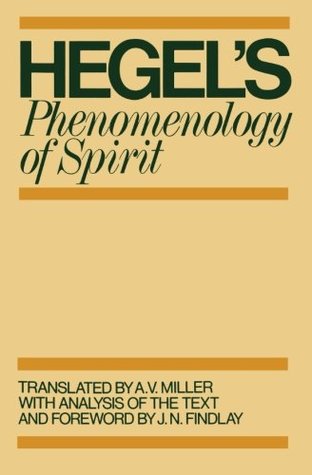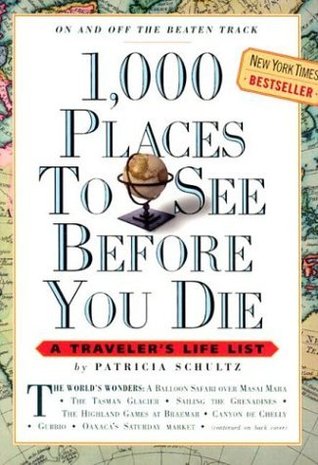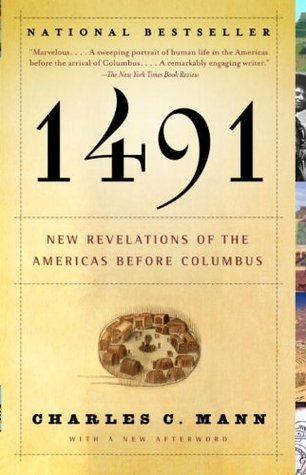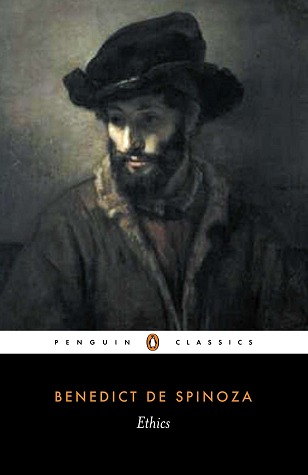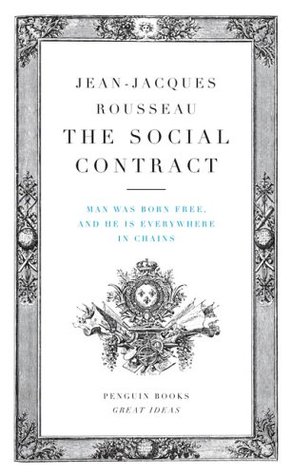Powered by a book like {foo}
Recommendations based on The Art of Loveby Ovid
* statistically, based on millions of data-points provided by fellow humans
The Complete Essays
by Michel de Montaigne
Collection of essays exploring diverse topics, from philosophy to morality.
Michel de Montaigne was one of the most influential figures of the Renaissance, singlehandedly responsible for popularising the essay as a literary form. This Penguin Classics edition of The Complete ... (Goodreads)
Meditations
by Marcus Aurelius
Reflections on Stoic philosophy, exploring the nature of existence and how to live life.
Written in Greek by the only Roman emperor who was also a philosopher, without any intention of publication, the Meditations of Marcus Aurelius offer a remarkable series of challenging spiritual ... (Goodreads)
The History of Sexuality, Volume 1: An Introduction
by Michel Foucault
Examination of the power dynamics and social constructions of sexual behavior.
Michel Foucault offers an iconoclastic exploration of why we feel compelled to continually analyze and discuss sex, and of the social and mental mechanisms of power that cause us to direct the ... (Goodreads)
The Prince
by Niccolò Machiavelli
A timeless political treatise on the art of acquiring and maintaining power.
Machiavelli needs to be looked at as he really was. Hence: Can Machiavelli, who makes the following observations, be Machiavellian as we understand the disparaging term? 1. So it is that to know the ... (Goodreads)
Critique of Pure Reason
by Immanuel Kant
Exploration of the limits of human reason and its limitations in understanding nature.
'The purpose of this critique of pure speculative reason consists in the attempt to change the old procedure of metaphysics and to bring about a complete revolution', Kant's Critique of Pure Reason ... (Goodreads)
The Game: Penetrating the Secret Society of Pickup Artists
by Neil Strauss
Journey of a journalist exploring the world of "pickup artists" and the seduction techniques they use.
Hidden somewhere, in nearly every major city in the world, is an underground seduction lair. And in these lairs, men trade the most devastatingly effective techniques ever invented to charm women. ... (Goodreads)
The Histories
by Herodotus
Exploration into the rise and fall of empires in the ancient world.
One of the masterpieces of classical literature, the "Histories" describes how a small and quarrelsome band of Greek city states united to repel the might of the Persian empire. But while this epic ... (Goodreads)
Gorgias
by Plato
Philosophical dialogue on the nature of justice and power of rhetoric.
Taking the form of a dialogue between Socrates, Gorgias, Polus and Callicles, GORGIAS debates perennial questions about the nature of government and those who aspire to public office. Are high moral ... (Goodreads)
Letters from a Stoic
by Seneca
A collection of Stoic philosophies and advice on living a meaningful life.
The power and wealth which Seneca the Younger (c.4 B.C. - A.D. 65) acquired as Nero's minister were in conflict with his Stoic beliefs. Nevertheless he was the outstanding figure of his age. The ... (Goodreads)
A Supposedly Fun Thing I'll Never Do Again: Essays and Arguments
by David Foster Wallace
Collection of essays and arguments, exploring the absurdities of contemporary culture.
In this exuberantly praised book — a collection of seven pieces on subjects ranging from television to tennis, from the Illinois State Fair to the films of David Lynch, from postmodern literary ... (Goodreads)
Plato: Complete Works
by Plato
Collection of ancient Greek philosopher Plato's dialogues, discussing morality, knowledge and truth.
Outstanding translations by leading contemporary scholars–many commissioned especially for this volume--are presented here in the first single edition to include the entire surviving corpus of works ... (Barnes & Noble)
The Trial and Death of Socrates
by Plato
A philosophical dialogue into the life and death of the philosopher Socrates.
Plato is among the most influential philosophers of all time. Along with his teacher Socrates and his pupil Aristotle, he can be said to have laid the foundations for Western philosophy, science and ... (Goodreads)
Confessions
by Augustine of Hippo
A spiritual autobiography tracing Augustine's journey from youthful excess to Christian faith.
Augustine's Confessions is one of the most influential and most innovative works of Latin literature. Written in the author's early forties in the last years of the fourth century A.D. and during his ... (Goodreads)
Tao Te Ching
by Lao Tzu
A collection of wise sayings and reflections on the nature of existence.
A lucid translation of the well-known Taoist classic by a leading scholar-now in a Shambhala Pocket Library edition. Written more than two thousand years ago, the Tao Teh Ching , or -The Classic of ... (Goodreads)
The Way Things Are
by Lucretius
A poetic exploration of the nature of reality, life, and the universe.
..". [captures] the relentless urgency of Lucretius' didacticism, his passionate conviction and proselytizing fervour.' –The Classical Review ... (Goodreads)
An Enquiry Concerning Human Understanding
by David Hume
Analysis of the nature of human understanding, challenging existing philosophical and religious beliefs.
An Enquiry Concerning Human Understanding, is a book by the Scottish empiricist philosopher David Hume , published in English in 1748. , It was a revision of an earlier effort, Hume's A Treatise of ... (Wikipedia)
The Anti-Christ
by Friedrich Nietzsche
An exploration of morality and its relationship to religion, with a focus on the concept of nihilism.
The reference to the Antichrist is not intended to refer to the biblical Antichrist but is rather an attack on the "slave morality" and apathy of Western Christianity. Nietzsche's basic claim is that ... (Goodreads)
The Story of Art
by E.H. Gombrich
Comprehensive overview of art history, from prehistoric to modern times.
The Story of Art, one of the most famous and popular books on art ever written, has been a world bestseller for over four decades. Attracted by the simplicity and clarity of his writing, readers of ... (Goodreads)
Orientalism
by Edward W. Said
Exploration of the Middle East through the West's prejudiced lens.
More than three decades after its first publication, Edward Said's groundbreaking critique of the West's historical, cultural, and political perceptions of the East has become a modern classic. In ... (Goodreads)
The Origins of Totalitarianism
by Hannah Arendt
Analysis of the rise of totalitarian regimes in Europe, and their consequences for the modern world.
Hannah Arendt's definitive work on totalitarianism and an essential component of any study of twentieth-century political history The Origins of Totalitarianism begins with the rise of anti-Semitism ... (Goodreads)
Thus Spoke Zarathustra
by Friedrich Nietzsche
A philosophical treatise exploring morality, religion, and the meaning of life.
The Art of Always Being Right
by Arthur Schopenhauer
A guide to winning arguments through manipulation and logical fallacies.
Which are the logical tricks that will let you slip through the net when faced with awkward questions? How can you yourself use arguments to deflect difficult situations? Do you recognize all flaws ... (Goodreads)
The Communist Manifesto
by Karl Marx
A treatise on the fundamental principles of communism, and its role in society.
A rousing call to arms whose influence is still felt today Originally published on the eve of the 1848 European revolutions, The Communist Manifesto is a condensed and incisive account of the ... (Goodreads)
Being and Nothingness
by Jean-Paul Sartre
Philosophical exploration of the nature of being and consciousness.
Being & Nothingness is without doubt one of the most significant philosophical books of the 20th century. The central work by one of the century's most influential thinkers, it altered the course of ... (Goodreads)
Praise of Folly
by Erasmus
Satirical exploration of the follies of humankind.
In Praise of Folly, , also translated as, The Praise of Folly, ( Latin : Stultitiae Laus or Moriae Encomium ; Greek title: Μωρίας ἐγκώμιον ( Morias egkomion ); Dutch title: Lof der Zotheid ), is an ... (Wikipedia)
Phenomenology of Spirit
by Georg Wilhelm Friedrich Hegel
An exploration of the relationship between mind and world, and the nature of knowledge.
Perhaps one of the most revolutionary works of philosophy ever presented, The Phenomenology of Spirit is Hegel's 1807 work that is in numerous ways extraordinary. It begins with a Preface, created ... (Goodreads)
1,000 Places to See Before You Die
by Patricia Schultz
An inspiring journey to explore the beauty of the world, discover hidden gems and make memories.
Around the World, continent by continent, here is the best the world has to offer: 1,000 places guaranteed to give travelers the shivers. Sacred ruins, grand hotels, wildlife preserves, hilltop ... (Goodreads)
1491: New Revelations of the Americas Before Columbus
by Charles C. Mann
Re-examination of the pre-Columbian Americas, uncovering new evidence of its history.
In this groundbreaking work of science, history, and archaeology, Charles C. Mann radically alters our understanding of the Americas before the arrival of Columbus in 1492.,Contrary to what so many ... (Goodreads)
Ethics
by Baruch Spinoza
Exploration of morality and the laws of nature, framed in a rationalist argument.
Published shortly after his death, the Ethics is undoubtedly Spinoza's greatest work - an elegant, fully cohesive cosmology derived from first principles, providing a coherent picture of reality, and ... (Goodreads)
The Social Contract
by Jean-Jacques Rousseau
Exploration of the relationship between a government and its citizens, and the rights of individuals.
"Man is born free; and everywhere he is in chains." These are the famous opening words of a treatise that has not ceased to stir vigorous debate since its first publication in 1762. Rejecting the ... (Goodreads)
